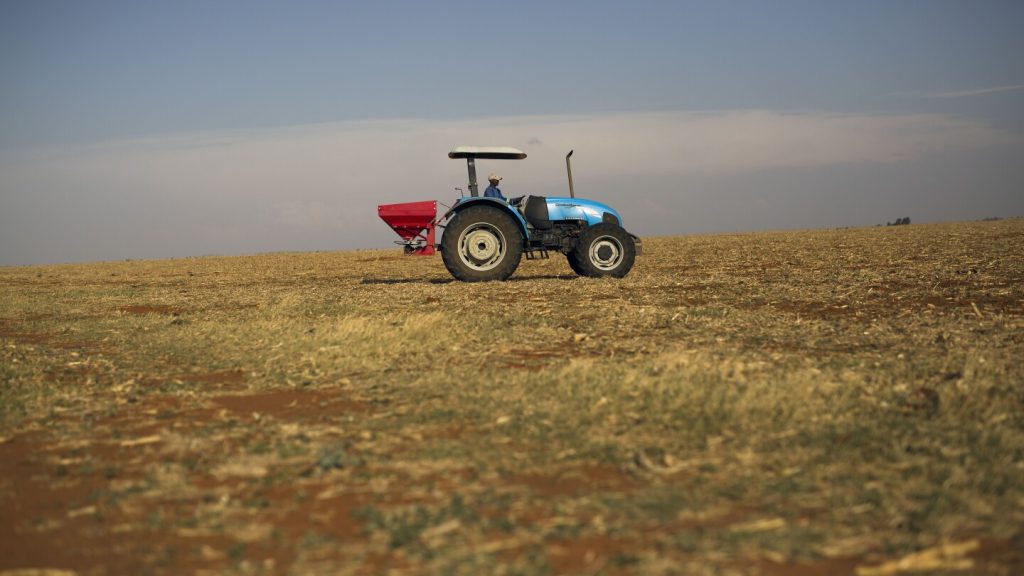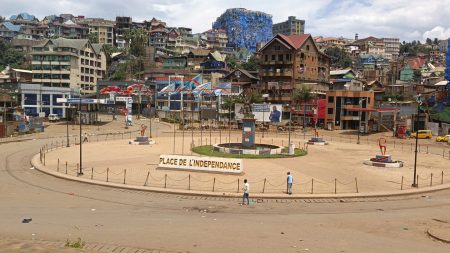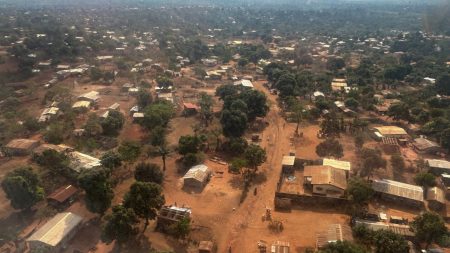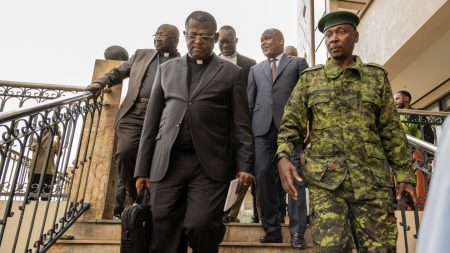Land Expropriation Law and Its Significance in South Africa
South Africa has recently enacted a new land expropriation law, which has sparked intense debate both domestically and internationally. The law allows the government to seize land without compensation if it serves the public interest, particularly after unsuccessful negotiations. This legislation aims to address the historical land imbalances resulting from apartheid, which left many black South Africans dispossessed of their land. While the government emphasizes that the law targets unused land and protects private property rights, it has drawn criticism and concern from various quarters.
Legal Challenge by the Democratic Alliance
The Democratic Alliance (DA), a major political party and part of South Africa’s coalition government, has filed a legal challenge against the law, arguing that it is unconstitutional. The DA contends that granting the government sweeping powers to expropriate property without compensation undermines democratic principles. This move by the DA, which draws support from diverse racial groups, adds pressure on President Cyril Ramaphosa, who signed the law. The DA also seeks to remind Ramaphosa’s African National Congress (ANC) of its need to share power, as it did not secure a majority in the last election.
Trump’s Response and Its Implications
U.S. President Donald Trump has criticized the law, falsely claiming it targets white farmers and linking it to violent attacks, which South Africa’s government denies. Trump’s executive order halting U.S. aid to South Africa reflects broader tensions, including criticism of South Africa’s foreign policy stance towards Israel and its ties with Russia, China, and Iran. Although some white farmers have been victims of violent crime, experts indicate no concerted attacks, and the government condemns such violence. Trump’s inaccuracies have fueled misunderstandings, straining South Africa-U.S. relations.
Historical Context of Land Ownership in South Africa
The land expropriation law is rooted in South Africa’s apartheid history, which skewed land ownership in favor of the white minority. Efforts to redress this imbalance are crucial for reconciliation and economic equality. However, the approach has stirred fears among white landowners, particularly Afrikaners, many of whom are farmers. Their concerns have resonated internationally, with some groups lobbying overseas for support.
Broader Implications for Property Rights and Governance
The law’s passage has raised concerns about property rights and governance, reflecting deeper issues in South Africa’s democracy. Critics warn of potential economic risks, including reduced investment and agricultural productivity. The ANC defends the law as a necessary step for justice, yet acknowledges the need for careful implementation. The debate underscores the tension between addressing historical injustices and maintaining economic stability.
Conclusion: A Complex Path Forward
The land expropriation law exemplifies South Africa’s complex journey toward equality and justice. While it aims to heal apartheid’s wounds, its execution and implications require careful consideration. The legal challenge by the DA and Trump’s response highlight the law’s controversial nature. Moving forward, South Africa must balance reform with property rights, fostering a sustainable and inclusive future. This issue’s resolution will significantly influence the country’s social and economic trajectory.












